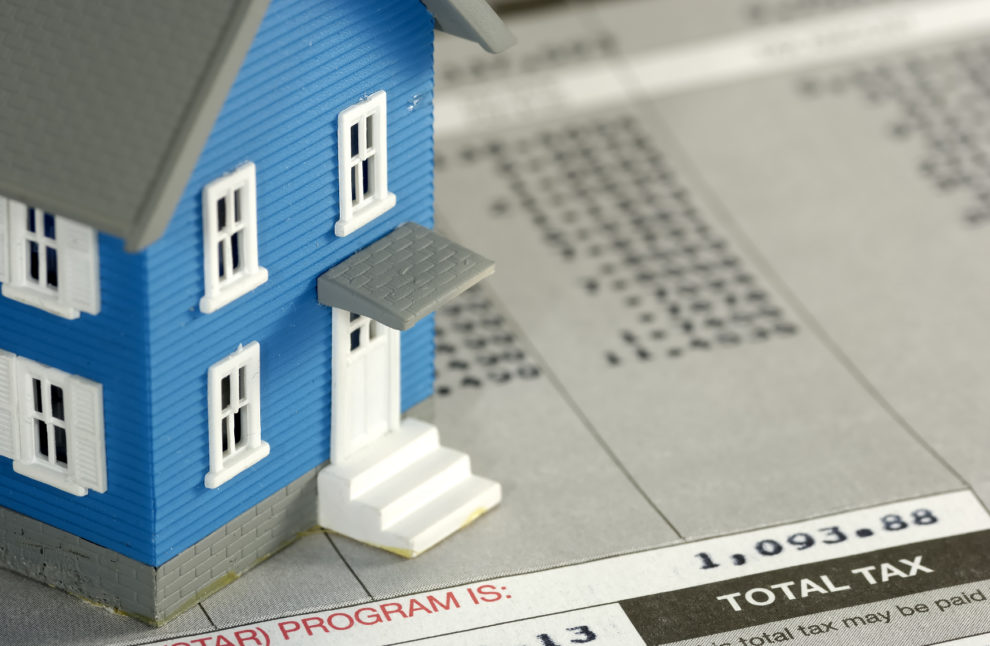A reply to those who claim investors have a tax advantage by APIA Vice President Peter Lewis:
Consider the analogy of a Motel owner verses a Residential Landlord.
The Motel owner rents accommodation by the night.
The Landlord rents accommodation by the month or by the year.
The Motel owner is in business. As such, he is required to pay income tax on any profit (his rental income minus his costs) he makes renting out rooms.
The Landlord is in business. As such he is required to pay tax on any profit (his rental income minus his costs)he makes renting out houses.
The Landlord is in business. As such he is required to pay tax on any profit (his rental income minus his costs)he makes renting out houses.
Both pay tax at normal income rates on this profit.
Both have no tax advantage over any other business or private homeowner.
When the motel owner finally decides he has had enough, he sells the motel land and buildings.
When the landlord decides he has had enough he sells his housing land and buildings.
In both cases, there is no tax payable on any gain in the land and buildings if he should sell them at a higher price than what he initially paid to
buy them.
buy them.
In both cases there is no tax deduction available should they sell the land and buildings for less than they paid to buy them. (e.g. if they bought
in Tokoroa or Galatea).
in Tokoroa or Galatea).
However . . .
If the motel owner is in the business of developing, renovating, or buying and selling motels with the intention of making a profit then he is not
in business as a motel operator, he is in the buying and selling property business. If house owner is in the business of developing, renovating,
or buying and selling houses with the intention of making a profit then he is not in business as a landlord, he is in the buying and selling property
business.
in business as a motel operator, he is in the buying and selling property business. If house owner is in the business of developing, renovating,
or buying and selling houses with the intention of making a profit then he is not in business as a landlord, he is in the buying and selling property
business.
In both cases, they are then liable to pay tax at normal income rates on the profit they make from buying and selling property less their expenses
in doing so.
in doing so.
The confusion lies in identifying exactly what type business the property person is carrying out – landlording or property trading. They are both taxed,
but in different ways.
but in different ways.
















Add Comment